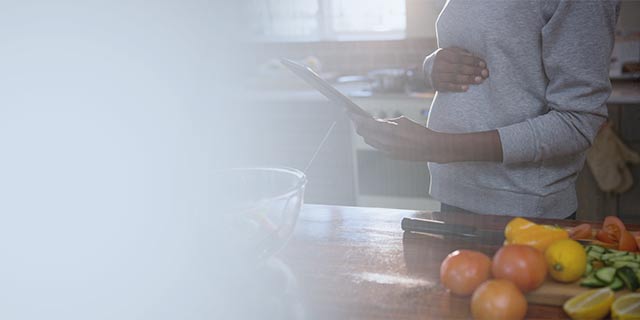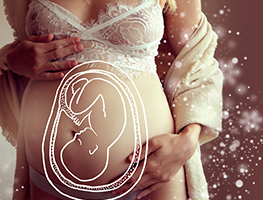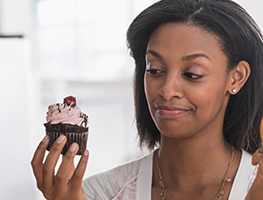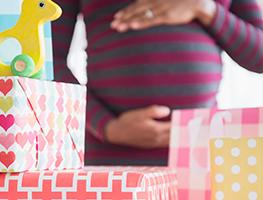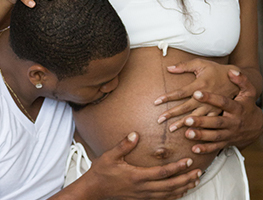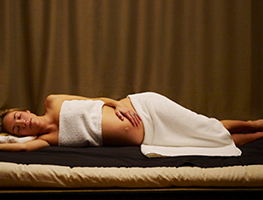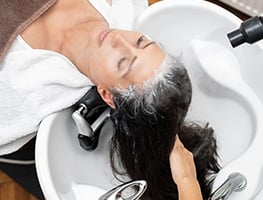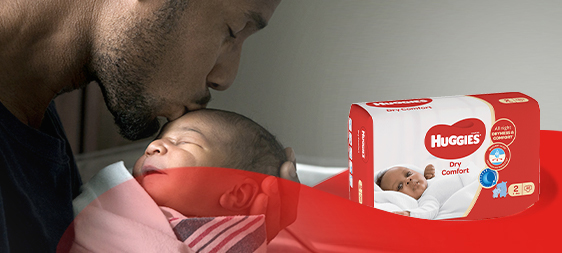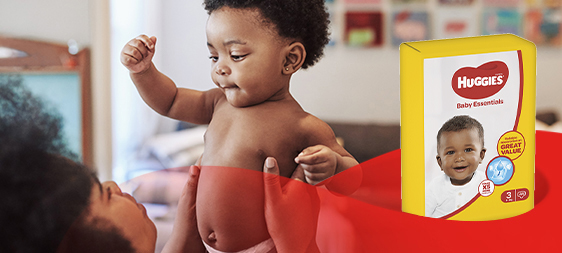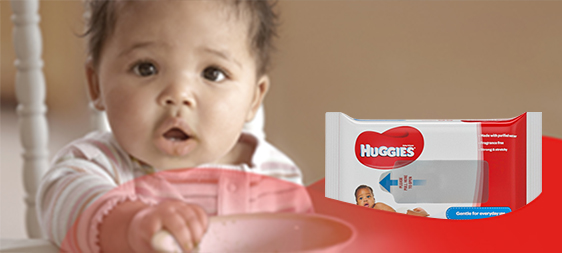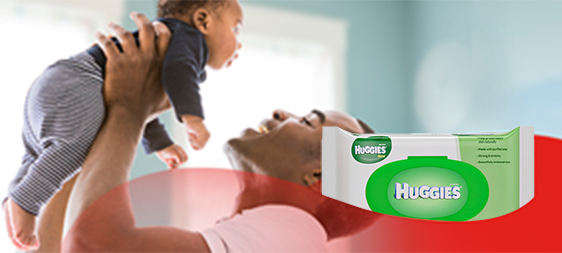Hazards around the home
When you think of hazards around the home, one usually thinks of the ones that you can see – a rug you may trip on, a toy lying where it shouldn’t, stairs, etc. Of course, you have to look out for these when you are pregnant, after all, you aren’t as clear-minded and sure-footed as you perhaps were before pregnancy brain kicked in. Equally important, however, are the unseen hazards around the home – the ones you don’t always think of.
Hazards to look out for when pregnant
Clutter – too many things lying around and items out of place can become disaster zones when you’re not fully focused. Have a mini-spring clean and clear away everything that doesn’t need to be there.
Paint fumes – Of course you want to get busy decorating baby’s room but when it comes to paint fumes, it’s better to be safe than sorry. While there's no known risk from exposure to unleaded, water-based indoor (latex) paints, all paints contain chemicals that emit fumes. Since only a few of these chemicals have been studied for their safety in pregnancy, it's best to let someone else do the painting. Oil-based paints and paint thinners contain more solvents (which have been linked to an increase in miscarriage and birth defects) than their water-based counterparts, so choose a latex paint and ask your painter to keep the area well ventilated. And avoid going to the end-result for at least 2 days.
Cleaning products – There are certainly some household cleaners that pregnant should avoid. Check labels and stay away from products that say they’re toxic. Chemicals to avoid include; glycol ethers; phenols; chlorine; ammonia. Even when you have done your homework and think you have a safe cleaner, it’s best to Keep your windows open while cleaning and wear gloves. Alternatively, go completely natural with baking soda for baths and ovens and a vinegar and water solution for glass and countertops.
Pesticides – Chemicals in some pesticides can harm your fetus so it is best to avoid using them during this time. If you have to use them reduce your exposure as much as possible by removing food and utensils from the area, wearing gloves when using them in the garden, and avoid areas where it is being applied.
- Cat litter – Get someone else to change little Fluffy’s kitty litter as the faeces may expose you to Toxoplasmosis. This is a parasitic infection with symptoms that resemble the flu (fever, aching joints). In general, there will be no lasting effects on you but, if passed to your baby, it can lead to vision or hearing problems. If you fear you have it, call your doctor as early treatment with antibiotics can protect your baby.

